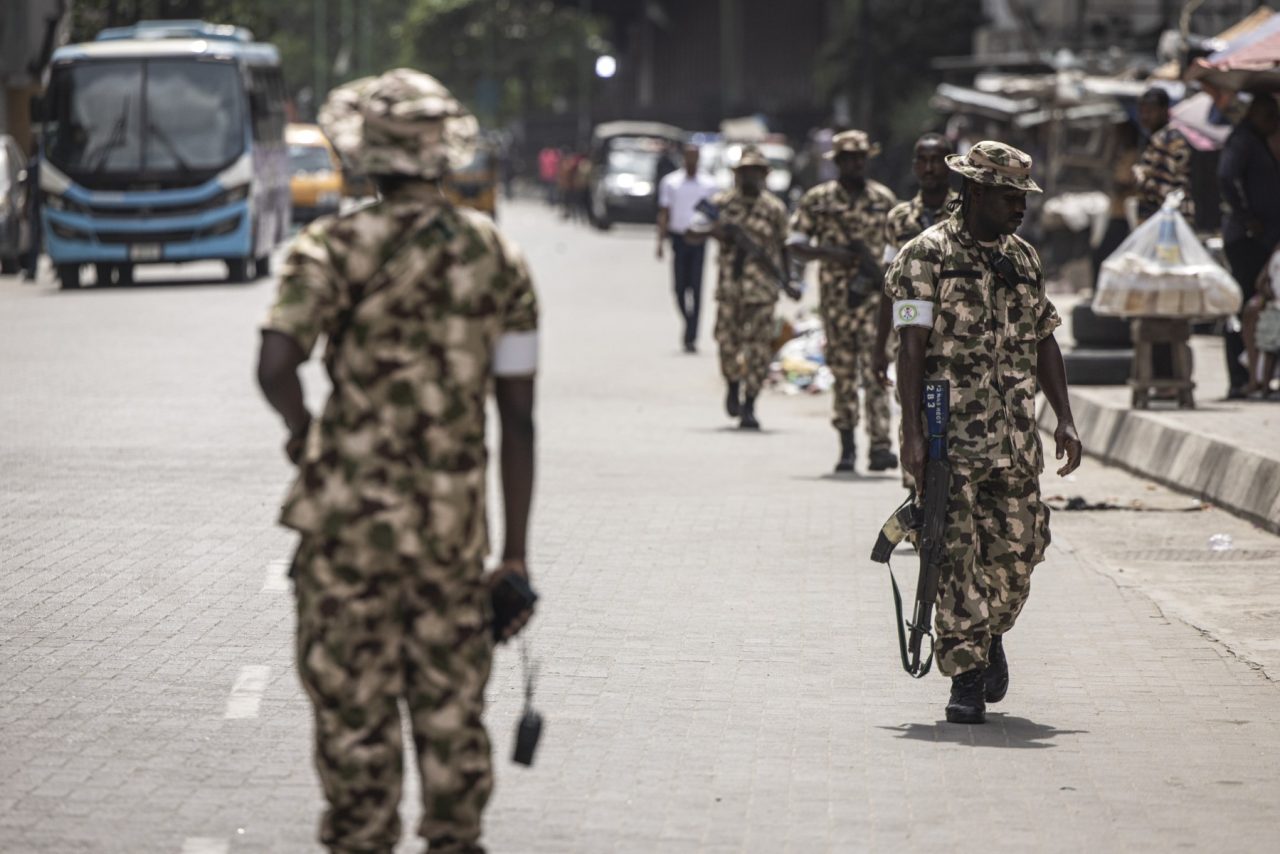
As Lagos continues to evolve as Nigeria’s economic powerhouse, its role in shaping the nation’s future extends beyond commerce and industry. A critical, yet often overlooked, aspect of this evolution is the representation of Lagos indigenes in the national armed forces.
Despite its status as the nation’s major urban and economic center, Lagos faces a significant challenge in ensuring equitable representation within the military and police forces.
The importance of the military and other security forces is immense in maintaining national stability, protecting sovereignty, and ensuring public safety. For Lagos indigenes, achieving fair representation in these forces is not just about equal access but also about ensuring that the city’s diverse perspectives and unique needs are reflected at the national level.
Lagos, with its vibrant population of over 20 million people, is Nigeria’s largest city and a melting pot of diverse ethnicities and cultures. However, its indigenes are underrepresented in the armed forces, a striking disparity, given the city’s significant contributions to national development and its strategic importance in national security.
A military that reflects the diversity of its population is better equipped to address the unique challenges of different regions. For Lagos, this means that the city’s urban security needs and economic interests can be better understood and managed by those in positions of authority.
Furthermore, a fair representation in national institutions fosters a greater sense of unity and trust. For Lagos, increased presence in the armed forces and other national security outfits would contribute to a more cohesive national identity and help alleviate regional tensions.
Moreover, enrollment in the security forces opens a wide range of opportunities for Lagos’s youth. By increasing local recruitment, more young Lagosians can access training, employment, and career advancement opportunities within the armed forces.
However, despite the clear need for greater representation, Lagos indigenes face several barriers. These include awareness and access issues, economic barriers, and socio-cultural perceptions. Many Lagosians, especially the youth, may not be fully aware of the opportunities available within the armed forces or may lack the resources to navigate the recruitment processes effectively.
Additionally, the high cost of education and living expenses in Lagos can limit access to necessary training and qualifications for military service. There may also be misconceptions or stigmas associated with military service that deter potential candidates.
To overcome these challenges and encourage Lagos youth to pursue careers in the armed forces, several strategies can be implemented. First and foremost, there is a need to demystify military careers and highlight the benefits and opportunities available. Collaborating with educational institutions and community organizations can further amplify these efforts.
Secondly, the State can invest in mentorship programs and financial support initiatives to help alleviate economic barriers that may prevent Lagos indigenes from enrolling in security forces. Scholarships, training programs, and assistance with application processes can make a significant difference.
Thirdly, campaigns to promote the value and prestige of military service can help shift cultural perceptions. Showcasing successful Lagos indigenes who have excelled in the armed forces can serve as powerful role models and inspire others.
Highlighting successful Lagos indigenes who have excelled in the armed forces is crucial in illustrating the potential and success that Lagosians can achieve in these careers. Notable individuals include Admiral Adekunle Lawal (rtd) and Chief Olabode George, who have achieved distinguished careers in the Nigerian Navy.
Lawal was appointed Military Governor of Lagos State in July 1975-1977 after the coup that brought General Murtala Mohammed to power. He held the position of Lagos State Military Governor until 1977 when he was transferred to become governor of Imo State in 1977. He held this position until July 1978, after which he resumed his career in the Nigerian Navy.
Brigadier General Sikiru Adebayo, originally from Lagos, has made significant strides in the Nigerian Army, earning respect through his leadership and tactical expertise. General Akinola Olutoye, a prominent figure in the Nigerian Army, hails from Lagos and has made exemplary contributions to military strategy.
READ ALSO: Musa tasks armed forces on patriotism amid security challenges
Rear Admiral Michael Abiodun, also from Lagos, has excelled in the Nigerian Navy with notable operational and leadership roles. These individuals highlight the impact that Lagosians can have in military careers and the broader defense sector.
It is commendable that the Lagos State Government has already begun initiatives to encourage more youth to join the Nigerian Armed Forces. The State Commissioner for Special Duties and Intergovernmental Relations, Mr. Olugbenga Oyerinde, has highlighted the need to sensitize Lagosians on the benefits of military service.
Similarly, the Secretary to the State Government, Barr. Bimbola Salu-Hundeyin, and the Chairman of the Lagos State House of Assembly Committee on Special Duties, Hon. Olawale Age-Suleiman, have also emphasized the importance of shifting perceptions and reassuring parents about the safety and benefits of military careers.
In conclusion, Lagos’s pursuit of equitable representation in the armed forces is crucial for both national unity and development. By addressing barriers to entry and promoting the value of military service, Lagos indigenes can play a pivotal role in shaping the future of Nigeria’s armed forces. This is a call to action for all Lagosians, particularly the youth, to recognize the importance of their involvement and to take proactive steps toward achieving a more inclusive and representative military.
Through increased awareness, support, and advocacy, Lagos can ensure that its vibrant youth population is well-represented and actively contributing to the defense and development of the nation. The time is now for Lagos youth to step up, seize the opportunities, and be a part of this vital national endeavor.
Musbau is of the Lagos State Ministry of Information & Strategy, Alausa, Ikeja.






